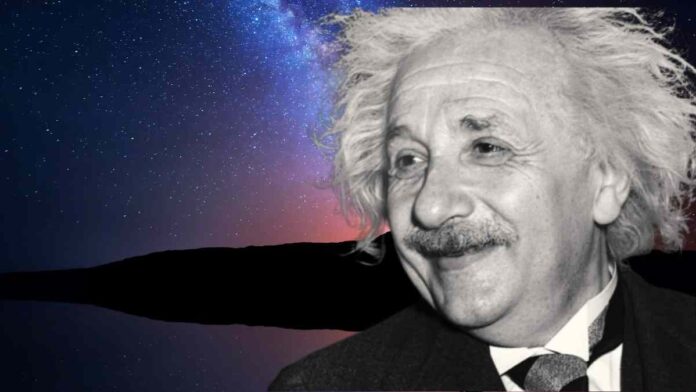By researching the life of the iconic genius, Albert Einstein, who held Gandhi’s photographs with physicists like Isaac Newton, Michael Faraday, and James Clarke Maxwell on the wall of his home study, we can help us remain more creative in our work, How to stay engaged and think creatively. The following are what we should learn from Albert Einstein.
Contents
- 1 Albert Einstein used to say –
- 1.1 Try to think like a childlike curiosity.
- 1.2 Always learn self-motivated learning.
- 1.3 Always give value to an amateur’s perspective.
- 1.4 Try to Present your Ideas, in front of large audiences.
- 1.5 You need to win over the audience, whether it listens to your idea or not.
- 1.6 Always try to do hard work but smartly.
Albert Einstein used to say –
1Try to think like a childlike curiosity.
Most people hesitate to ask silly questions, they think they might be insulted, but this is not true. When asked sixteen-year-old Albert Einstein, what would it take to travel with Light Speed? Was driven to find out, which at the time seemed childish and even absurd to any other person. But Albert Einstein liked such questions. He never thought that it was possible or not possible. He always thought creatively. He believed in imagination very much. And people were also asked to understand its strength.
Even when Albert Einstein grew up, he retained the playful and playful curiosity of a child. If you have any questions that are ridiculed by others, don’t be afraid to pursue them on your own. Who knows if your stupid question can be innovative or if it can move you and your life forward?
2Always learn self-motivated learning.
At the Zurich Polytechnic Institute, Albert Einstein used to avoid physics classes because he was not interested in the engineering approach adopted by the professor. Albert Einstein always denied the experiences of the royal school, instead, he turned to the textbooks of theoretical physics. In Bern, where Albert Einstein showed his special theory of relativity, there was a group that debated Einstein’s philosophy, works of mathematics, and science.
Albert Einstein always used to try to learn or study books or things that inspired you. Therefore, study things that engage you or inspire you, regardless of whether or not it has a degree or certification.
3Always give value to an amateur’s perspective.
Albert Einstein published four papers rapidly forward, ten years after he began to consider his light-speed question. After the age of 40, he faced new difficulties thrown by the findings of quantum physicists. He was unable to achieve equivalent scientific breakthroughs but never gave up.
We can learn as much from Albert Einstein’s failures as from his successes. In our workplace, experience, and knowledge can often help us to think about familiar things. At corporate workplaces, such limitations can be overcome by involving young or amateur members in teams. And whatever you do in life, if you feel that you will succeed then never give up.
4Try to Present your Ideas, in front of large audiences.
When Albert Einstein found a solution to a problem, he felt the need to explain it in ways that would be understood by diverse audiences. So if you have an idea, don’t hesitate to represent it to a diverse audience.
You can also take suggestions from the people in your circle to ensure your idea and the way you represent it should be easy to understand. Never put your thoughts in front of unfortunate and pessimistic people, because they will always talk negatively and will always try to prove your thoughts unsuccessful.
5You need to win over the audience, whether it listens to your idea or not.
Albert Einstein’s explanation of the photoelectric effect in 1905 did not receive immediate universal acclaim. He received the Nobel Prize for it in 1922. Surprisingly, he never won the prestigious award for his historical theory of relativity, which came in 1905.
Radical ideas may form part of criticism, disapproval, or apathy as a first reaction. So if you have accepted the validity of your idea, then you need to win over the audience, no matter who will listen to your idea.
6Always try to do hard work but smartly.
In Bern, where Albert Einstein came up with his first set of findings, he was employed as a third-class clerk in the Patent Office. This lower-order job did not exploit his ability, but it gave him a salary, a fixed time, and the freedom to live with questions in which he was very interested.
Plenty of other creative people have appreciated the value of repetitive tasks that occupy the brain for a short period while allowing for puzzles in more imaginative thinking. In an era where many people are eager to broaden their social circle and engage in strategic work. As a creative person, you must work hardest rather than overcome it.
FACT CHECK: We strive for accuracy and fairness. But if you see something that doesn’t look right, please Contact us.
DISCLOSURE: This Article may contain affiliate links and Sponsored ads, to know more please read our Privacy Policy.
Stay Updated: Follow our WhatsApp Channel and Telegram Channel.












